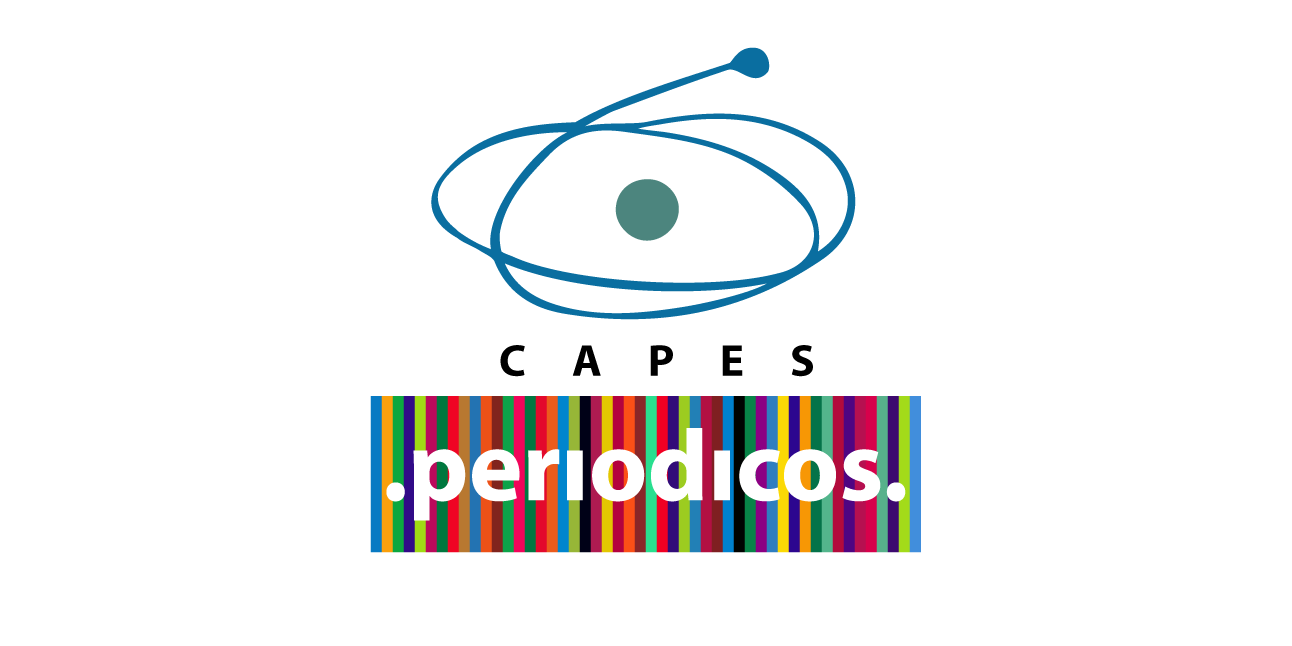Dez anos de OMC
Palavras-chave:
Transparência, sociedade, desenvolvimentoResumo
A OMC (Organização Mundial do Comércio) comemorou seus dez anos de existência neste ano de 2005. Oriunda da Rodada do Uruguai em 1995, com a promessa de ampliar a economia dos países em desenvolvimento e dos não desenvolvidos, bem como dar maior tolerância quanto aos prazos para as devidas adaptações ao comércio internacional. Contudo, há também muito que refletir nesse aniversário de dez anos da organização. Através do método indutivo, foi realizado um estudo sobre as negociações já ocorridas, e verificou-se que os países não desenvolvidos e os em desenvolvimento não cresceram economicamente como esperado, enquanto os industrializados continuam sendo os mais favorecidos. Esse fato se debita ao desrespeito ao princípio da transparência, que é fundamental para a comunicação com a sociedade civil, fazendo-a mais participativa nas negociações multilaterais, através da pressão que pode exercer sobre seus governantes, haja vista que os países desenvolvidos têm pressionado os países em desenvolvimento nas negociações. Além disso, a cláusula sobre tratamento especial e diferenciado aos países menos desenvolvidos e em desenvolvimento, novidade trazida pela OMC no âmbito do comércio multilateral, nunca produziu efeitos práticos, pois se tornou uma norma abstrata, prevista de forma geral no Acordo da OMC, sem se especificar como ela seria aplicada. Este trabalho visa estudar apenas alguns aspectos da atuação da OMC nestes dez anos, em busca do que realmente ocorre dentro da organização, capaz de influenciar não só as nações, mas também os cidadãos, principalmente a sociedade civil brasileira.Downloads
Publicado
2007-07-23
Como Citar
Fais, J. M., & Silva, L. M. M. da. (2007). Dez anos de OMC. Iniciação Científica Cesumar, 8(Especial), 57–63. Recuperado de https://periodicos.unicesumar.edu.br/index.php/iccesumar/article/view/138
Edição
Seção
Artigos Originais
Licença
A Revista se reserva o direito de efetuar, nos originais, alterações de ordem normativa, ortográfica e gramatical, com o intuito de manter o padrão culto da língua, respeitando, porém, o estilo dos autores. As opiniões emitidas pelos autores são de sua exclusiva responsabilidade.Juntamente com o e-mail de aceite (para casos de aprovação) será encaminhado modelo da Carta de Direitos Autorais que deverá conter o nome completo dos autores, bem como dados de documentos pessoais e assinada por todos os autores e coautores envolvidos no trabalho.
Autores mantém os direitos autorais e concedem à revista o direito de primeira publicação, com o trabalho simultaneamente licenciado sob a Licença Creative Commons Attribution CC-BY-NC que permite o compartilhamento do trabalho com reconhecimento da autoria e publicação inicial nesta revista.






